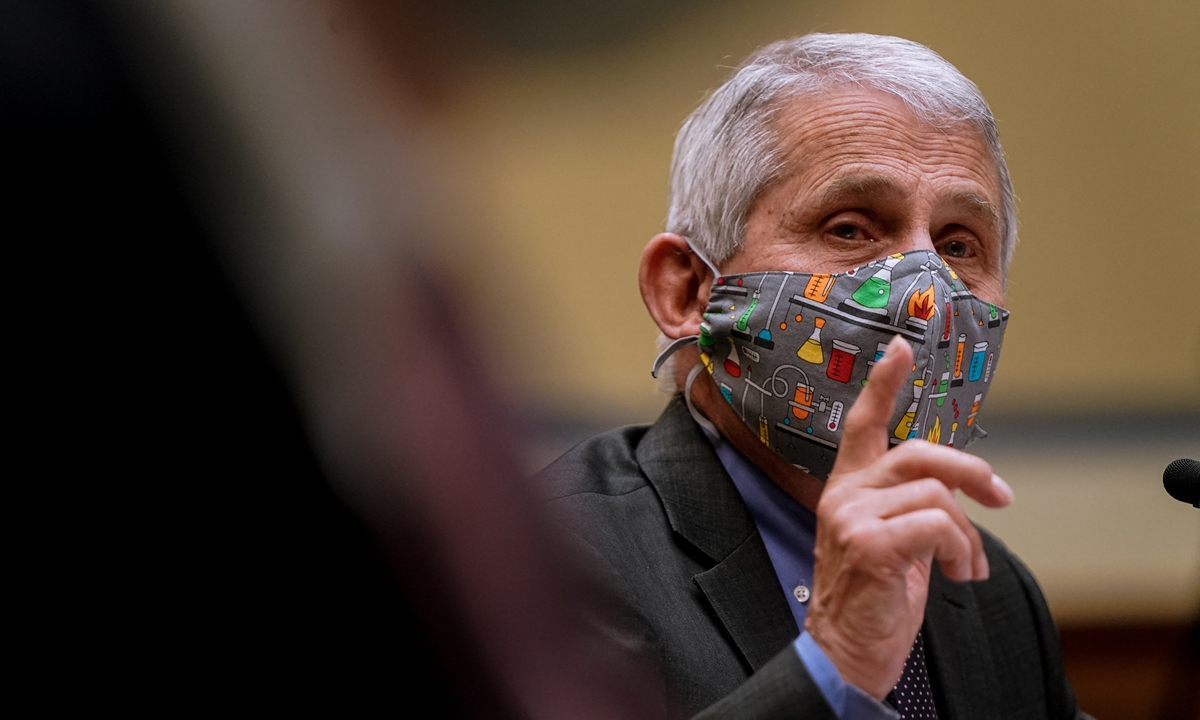The US Military and the Japanese Sky: Prioritizing Security Destroys Faith
Aviation law mandates that aircrafts flying over residential areas must be at least 300 meters above the region’s tallest building, while 150 meters is the minimum while flying over uninhabited areas. However, it seems many American aircrafts don’t follow that regulation.
So, why are they able to fly in the face of Japanese law? Because the Status of Forces Agreement, a part of the U.S.-Japan Security Treaty, allows exceptions for American forces stationed in Japan. This includes not only minimum-altitude laws, but also where they can take off and land, limits on velocity, and reporting their course to airport authorities. None of that applies to American aircraft, allowing them to fly through the skies of Japan unfettered by safety regulations.
In practice, this is creating some truly dangerous situations, such as the one Hiroya Yamaguchi, 64, a former pilot, found himself in with an American transport plane as he was taking off from Naha Airport. Following the control tower’s instructions, he increased his altitude to avoid the clouds. Unfortunately, a U.S. military aircraft, which Yamaguchi had no knowledge of being in the area, came flying toward him. As Yamaguchi says “Though we were on the brink of a midair collision, the conclusion was that there was no fault on the American side. Even now, the U.S. military taking priority over safety is still the reality.”
Issues have arisen in the mountainous regions of Shikoku and Chugoku, too, where aircraft have performed sudden nosedives down to the 150-meter limit (approximately 492 feet) causing concerns about noise pollution, among other things.
An opinion paper released in 2014 by the Japanese Federation of Bar Associations concerning the SOFA between the United States and Japan pointed out that the sovereignty over the skies given to Japan by America is deeply flawed, and strongly recommended that the U.S. military abide by Japanese law.
In other countries with American military bases, such as Germany and Italy, local laws take priority. There have been no attempts by the Japanese government to fix this situation, though. Prime Minister Yoshihide Suga stated simply in the Diet that “Safety must take precedence.” So why doesn’t he step in? Perhaps he wants to avoid dealing with the SOFA, the root of this issue, an agreement that extends beyond aviation law, covering bases, soldiers, civilian contractors or anything pertaining to the U.S. military. None of these things are subject to Japanese law, and there has been no movement to change this.
This is of course a very large, important agreement. However, if the American military continues to treat Japan as its playground, faith in the U.S.-Japan Security Treaty will dwindle greatly. The Japanese and American governments must start treating this like the serious situation that it is.


